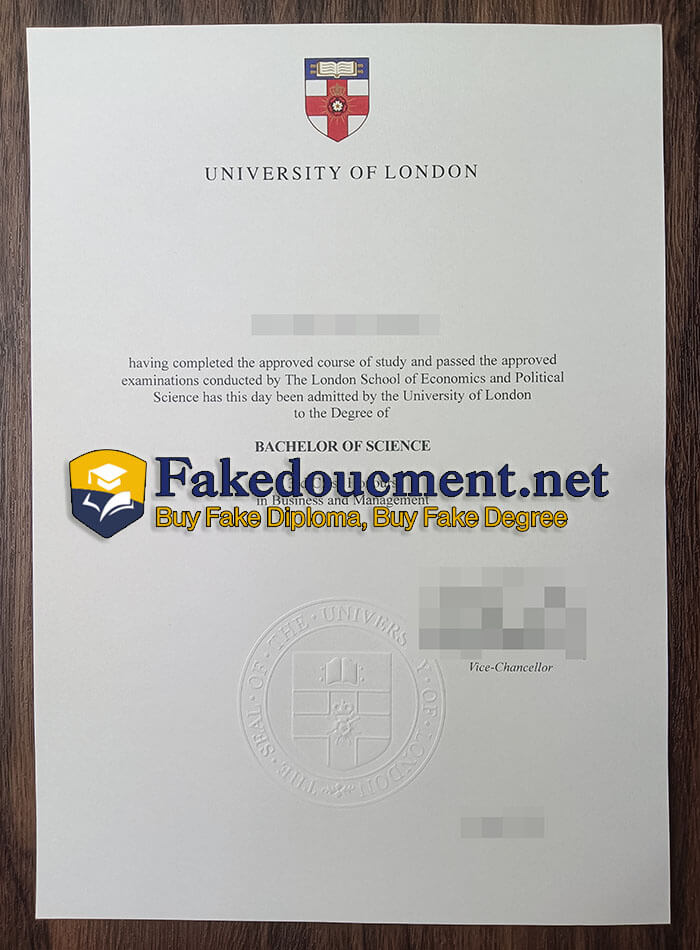
Where to order a realistic University of London degree certificate online? Why people would like to buy a realistic University of London diploma certificate online? The best way to buy a realistic University of London degree certificate online? The University of London is a federal research university located in London, England. It is a collegiate university comprising 18 member institutions, including prominent schools such as UCL, King’s College London, and the London School of Economics.
The University of London offers a wide range of undergraduate, postgraduate, and research programs across various disciplines. It is known for its high academic standards and notable alumni.
The university consists of 17 member institutions and three central academic bodies. The university has around 48,000 distance learning external students and around 219,410 campus-based internal students, making it the largest university by number of students in the United Kingdom. For most practical purposes, ranging from admissions to funding, the member institutions operate on an independent basis, with many awarding their own degrees whilst remaining in the federal university.
Under the 2018 act, member institutions ceased to be termed colleges and gained the right to seek university status without having to leave the federal university: Birkbeck, City, Goldsmiths’, King’s College London, the LSE, the London School of Hygiene and Tropical Medicine, Queen Mary, the Royal Veterinary College, Royal Holloway, SOAS, St George’s and UCL have all indicated that they intend to do so.
As of 2015, there are around 2 million University of London alumni across the world, including at least 14 monarchs or royalty, more than 60 presidents or prime ministers in the world (including 5 prime ministers of the United Kingdom), 2 Cabinet Secretaries of UK, 98 Nobel laureates, 5 Fields Medallists, 4 Turing Award winners, 6 Grammy winners, 2 Oscar winners, 3 Olympic gold medalists and the “Father of the Nation” of several countries. The university owns University of London Press.
In 1830, UCL applied for a royal charter as a university which would allow it to confer degrees. This was rejected, but renewed in 1834. In response to this, opposition to “exclusive” rights grew among the London medical schools.
The idea of a general degree awarding body for the schools was discussed in the medical press. and in evidence taken by the Select Committee on Medical Education. However, the blocking of a bill to open up Oxford and Cambridge degrees to dissenters led to renewed pressure on the Government to grant degree awarding powers to an institution that would not apply religious tests, particularly as the degrees of the new University of Durham were also to be closed to non-Anglicans.
In 1835, the government announced the response to UCL’s petition for a charter. Two charters would be issued, one to UCL incorporating it as a college rather than a university, without degree awarding powers, and a second “establishing a Metropolitan University, with power to grant academical degrees to those who should study at the London University College, or at any similar institution which his Majesty might please hereafter to name”.
Following the issuing of its charter on 28 November 1836, the new University of London started drawing up regulations for degrees in March 1837. The death of William IV in June, however, resulted in a problem – the charter had been granted “during our Royal will and pleasure”, meaning it was annulled by the king’s death. Queen Victoria issued a second charter on 5 December 1837, reincorporating the university. The university awarded its first degrees in 1839, all to students from UCL and King’s College.






